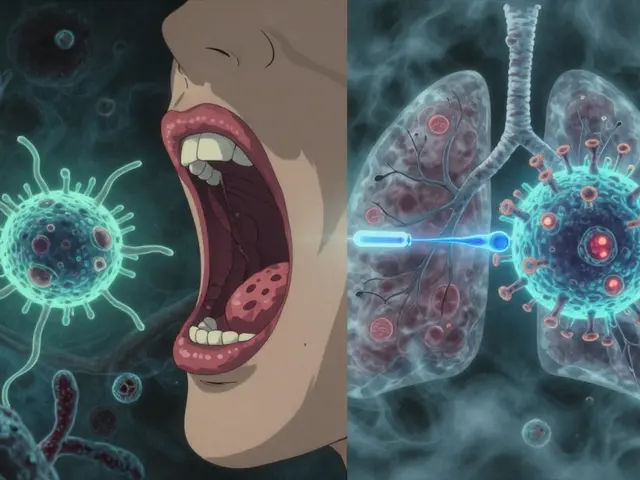When people talk about AIN recovery, the process of reversing movement disorders caused by medications like antipsychotics or antidepressants. Also known as drug-induced akathisia, it's not just restlessness—it's an unbearable inner tension that makes sitting still feel impossible. Many mistake it for anxiety or insomnia, but it’s a physical reaction to brain chemistry changes. This isn’t rare. Studies show up to 25% of people on certain psychiatric meds develop it, and most doctors don’t screen for it unless the patient brings it up.
AIN recovery often gets confused with restless legs syndrome, a condition where legs crave movement, especially at night. But the two are different: akathisia hits the whole body, especially the trunk and legs, and feels like you’re wired to move—no matter the time of day. Restless legs are localized and worse in quiet moments. Both can be triggered by the same drugs—SSRIs, antipsychotics, even some anti-nausea pills—and both need different treatment paths. You can’t treat one like the other.
Recovery doesn’t mean just quitting the drug. Sometimes that makes things worse. Tapering slowly, switching to a lower-risk med like aripiprazole, or adding a beta-blocker like propranolol can help more than stopping cold turkey. Some people find relief with vitamin B6 or magnesium, though evidence is mixed. The key is tracking symptoms: when did it start? What meds changed? Did it get better after reducing the dose? Keeping a simple log helps your doctor act faster.
What you’ll find below isn’t a one-size-fits-all guide. These are real cases—people who struggled with akathisia after starting an antidepressant, others who mistook medication-induced restless legs for normal aging, and patients who finally found relief after switching from omeprazole to pantoprazole because of how it affected their dopamine levels. There’s advice on how to talk to your doctor without sounding alarmist, what tests to ask for, and which supplements might help—or hurt. This isn’t about quick fixes. It’s about understanding how your body reacts to what you take, and how to get back to feeling like yourself again.
Acute interstitial nephritis is a drug-triggered kidney inflammation that often goes undiagnosed. Learn which medications cause it, how it's diagnosed, and why early action is critical for recovery.
